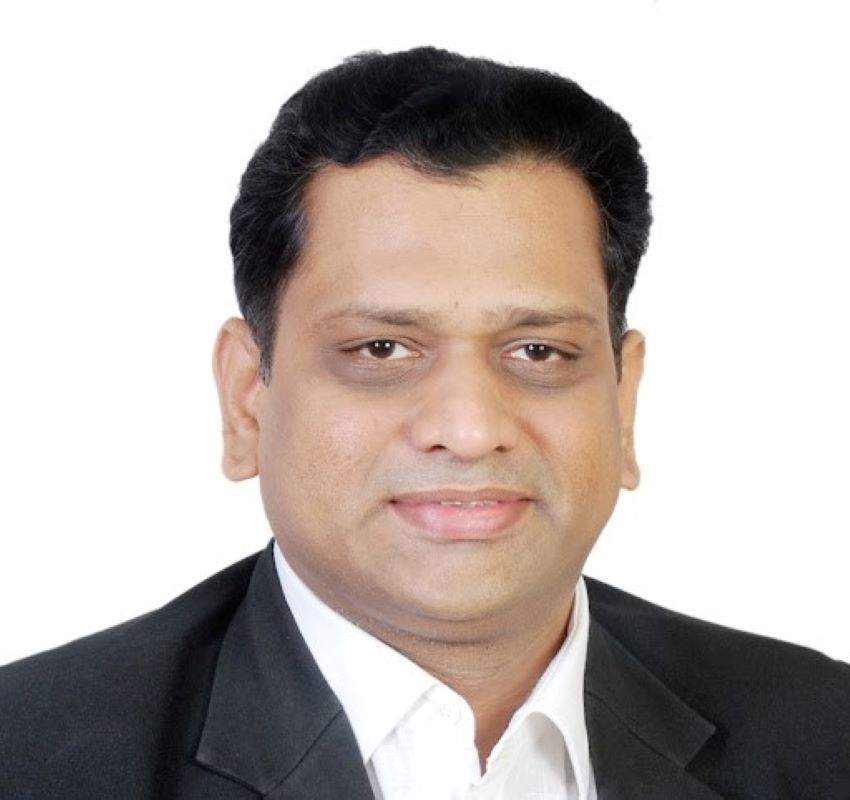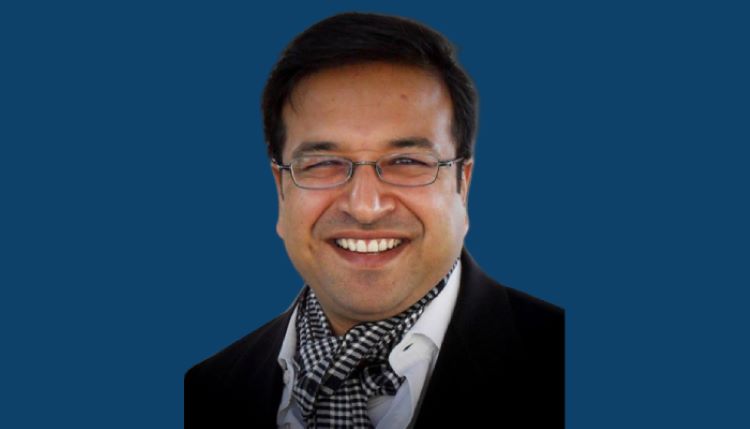Cloud.in, the flagship brand of Hostin Services Pvt. Ltd., is an established Cloudtech organization that has evolved into an AWS Advanced Consulting Partner, Solution Provider, and Public Sector Partner under the leadership of Rahul S Kurkure who spoke to Enterprise Times about different aspects of cloud computing.
Enterprise Times: What are Cloud.in‘s service offerings?
Rahul S Kurkure: Well-known for empowering large enterprises, digital-native businesses, and startups across various sectors, Cloud.in offers a comprehensive suite of Cloud Solutions. These include Cloud Consulting, Planning and Implementation, Migration and Modernization, Managed Cloud Services, FinOps, SecOps, Automation and DevOps, Cost Optimization, Resource Augmentation, Content Delivery, Edge Security Solutions and Media Solutions.
At the core of our offerings are intellectual platforms such as Freedom (Multi-Cloud Billing and Management Platform), Cloud Advisor (Multi-Cloud Security Advisory Tool), Edge Insights (Edge Analytics and Intelligence), and VFORT (Secure Edge Delivering Platform).
These platforms demonstrate our commitment to providing innovative solutions that cater to the diverse needs of our customers.
Enterprise Times: What hurdles do organizations encounter during their transition to the cloud and what strategies can be employed to overcome them?
Rahul S Kurkure: Organizations that do not leverage cloud services often fail in today’s digital age. However, transitioning to the cloud comes with several challenges. Some of the common ones include security concerns where data stored in the cloud is often vulnerable to cyber-attacks such as ransomware, phishing attacks, and more. Organizations should take responsibility for implementing robust security measures, access controls, and encryption. They can partner with a Managed Security Service Provider for the holistic management of Cloud Security.
Effectively managing cloud costs is another challenge and it is important to put in place at the outset, a robust cost-monitoring and optimization strategy. It pays to invest in training and skilling the IT teams of partnering with a cloud service provider to address the skill shortage concerns in the cloud space. Compliance issues can be dealt with by adhering to industry-specific compliance requirements. Vendor lock-in can be eliminated by adopting multi-cloud and hybrid cloud strategies. Many a time, employees are resistant to change. Fostering a culture of collaboration and openness to change can be very beneficial here. Organizations need to tailor their strategies based on their requirements and partner with cloud experts while transitioning to the cloud.
Enterprise Times: What major trends do you anticipate in the markets for Cloud and Digital transformation?
Rahul S Kurkure: With organizations prioritizing digital transformation more new trends are expected to arise.
VR and AR technologies are expected to witness fast growth and there will be an expanded use of automation technologies too. Wider adoption of low-code/no-code tools, AI and hyper-automation, and other technologies will be seen. There will be an increased investment in Blockchain. Multi-cloud is becoming more popular as well. Organizations must implement the trends to stay ahead of the curve.
Enterprise Times: The need for Cloud Computing Professionals persists. What skill sets are necessary and how can they be developed?
Rahul S Kurkure: As there is a vast majority of enterprises migrating to the cloud, there is a growing demand for experts in Cloud Computing. Proficient professionals in this domain should possess comprehensive knowledge of cloud migration, configuration, deployment, monitoring, and maintenance with a focus on minimizing downtime. Experience in overseeing multi-cloud environments along with adept programming and database skills is very beneficial for Cloud Computing experts. A sound understanding of operating systems, scripting languages, serverless architecture, DevOps practices, and automation further enhances the skill set of a Cloud Administrator.
For those specializing in security, cloud security is a pivotal realm to master. Security experts need to adeptly leverage state-of-the-art technologies and tools to fortify an organization’s security posture.
Enterprise Times: Which Cloud model is currently sought after by enterprises?
Rahul S Kurkure: There is a growing trend toward hybrid and multi-cloud models among enterprises. These cloud models offer flexibility to choose the most suitable services from different cloud providers. By leveraging a combination of cloud providers, organizations can minimize the risk of vendor lock-in. This model also enables cost-optimization and organizations can leverage the agility and innovation offered by various cloud providers. As enterprises increasingly want to optimize their IT infrastructure and capitalize on the strengths of various cloud providers, hybrid multi-cloud models will continue to be in demand.
Enterprise Times: How can businesses optimize costs in a cloud computing environment?
Rahul S Kurkure: IT Infrastructure and Cloud Services teams are constantly faced with the challenge of understanding cloud spending and identifying cost drivers. As they grow, optimizing cloud costs becomes imperative. Establishing cloud efficiency includes dynamically selecting the best-fit infrastructure for cost, performance, and compliance in real-time concerning applications and workloads. Leveraging cloud optimization tools and analytics enhances visibility into the cloud environment, facilitating data-driven decisions and a comprehensive understanding of investments in cloud computing services. A good cloud optimization strategy encompasses planning, deployment, design, and monitoring stages, offering flexibility for seamless transitions between these stages for teams.
Enterprise Times: What security measures are implemented in cloud computing? Explain the concept of shared responsibility in cloud security.
Rahul S Kurkure: Organizations are enhancing cloud security measures to prevent cyber threats and protect assets, applications, and data. Seeking high visibility across the complex asset landscape, organizations monitor and address targeted threats proactively. Cloud security solutions protect against data breaches and secure critical business and personal data.
Security in the cloud operates under a shared responsibility model. Public cloud providers secure the infrastructure, host operating system, and virtualization layer, while user organizations manage the security of business applications, business and customer data, and the guest operating system.
Enterprise Times: Can you elaborate on the accomplishments of your organization and outline your future plans?
Rahul S Kurkure: We have achieved several AWS competencies, a testament to our commitment to excellence in cloud services. This achievement demonstrates our dedication to staying at the forefront of Cloud technology and ensuring the highest level of service and security for our clients. This recognition helped us stand out in a competitive marketplace. Cloud.in aims for over 100% year-over-year growth by 2025, transitioning from a traditional service provider to a next-gen solution provider. Our plan is to focus on emerging technologies such as AI, ML, blockchain, and edge computing to provide cutting-edge solutions for businesses. Planned to put ongoing efforts to stay ahead of evolving cybersecurity threats and ensuring the highest levels of data protection for customers.



